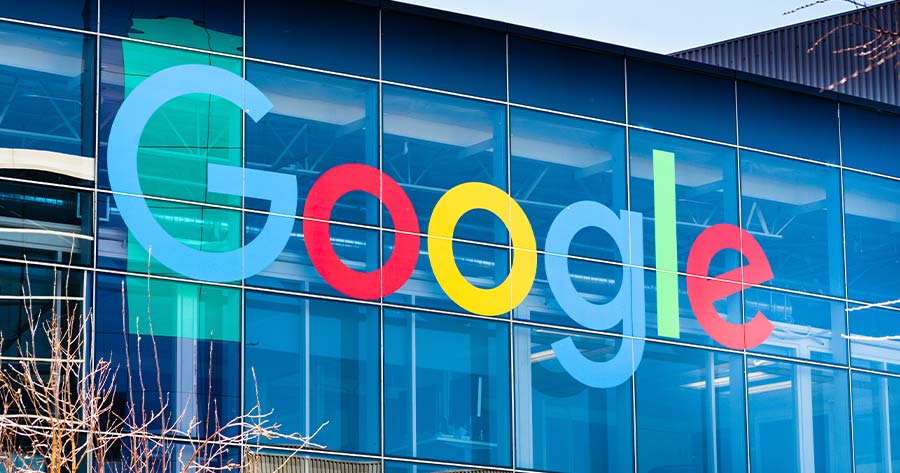Google announced it will sign the European Union’s new code of practice for artificial intelligence, aligning itself with stricter regulatory standards as Brussels moves to set a global precedent for AI governance.
The move, which Alphabet’s President of Global Affairs Kent Walker detailed in a blog post, marks a significant step for tech companies in complying with the EU’s pioneering Artificial Intelligence Act.
The voluntary code, formulated by 13 independent experts, is designed to provide clarity for tech companies on navigating the bloc’s AI rules. Among its key provisions, the code requires firms to summarize content used to train general-purpose AI models and demonstrate adherence to EU copyright law—measures intended to increase transparency and legal certainty as the technology spreads across critical industries.
Walker stated that Google’s participation comes in the hope that the framework would facilitate European access to secure and cutting-edge AI tools. However, he also flagged concerns that the act and code might hamper the region’s AI ecosystem, including departures from EU copyright law, slow bureaucracy, and risk of regulatory procedure that could expose trade secrets
The AI Act positions Europe as one of the world’s first major jurisdictions to mandate explicit guardrails for AI use, chasing ambitions of setting a global template as AI becomes increasingly embedded in business and daily life.
Microsoft is also expected to sign the code soon, with President Brad Smith previously signaling the company’s readiness to participate. In contrast, Meta Platforms has opted out, citing lingering legal uncertainties that could affect model developers.





